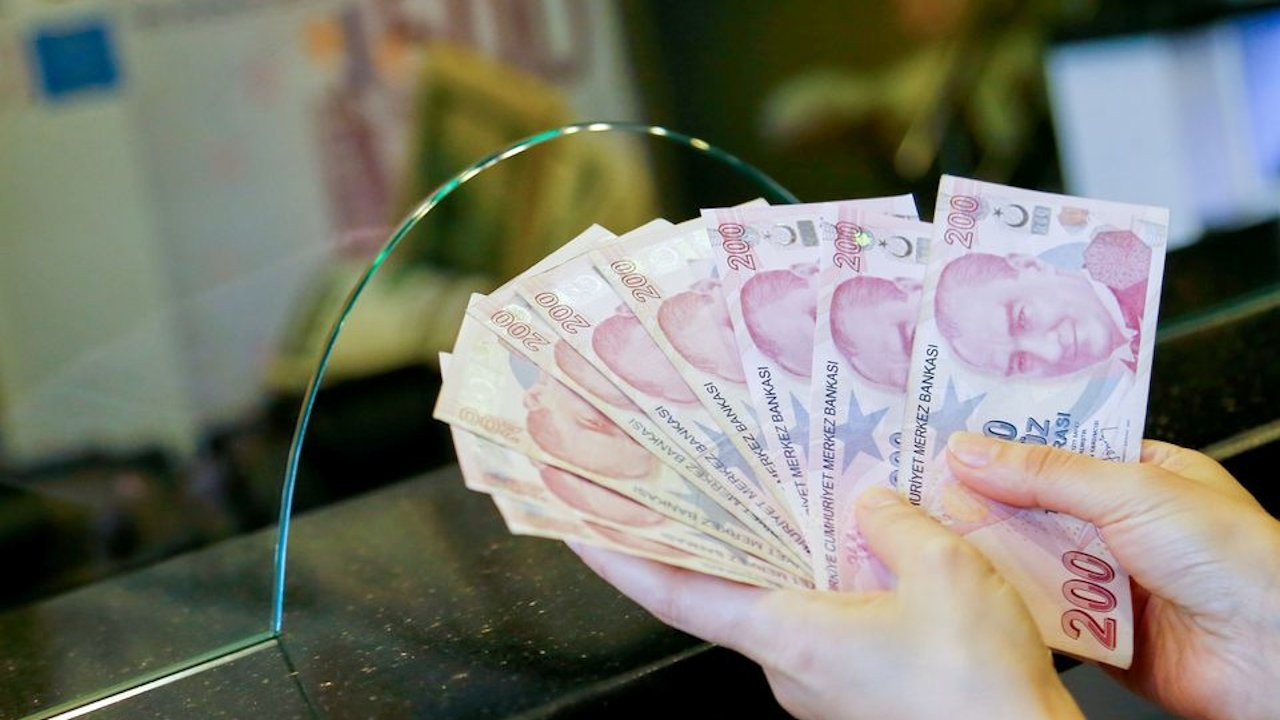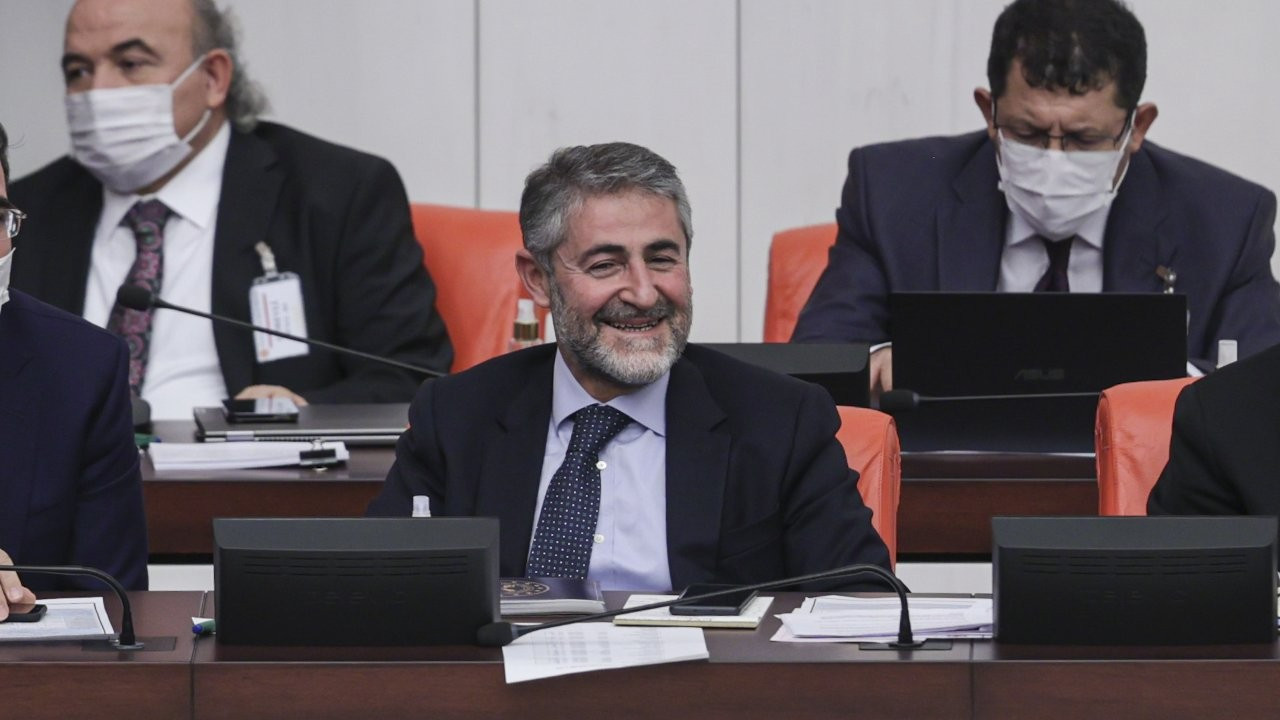Turkish lira slides again after rollercoaster ride to record low
Turkey's lira slid as much as 4% on Dec. 14 in further volatile trade after tumbling to all-time lows a day earlier. The ailing currency, which has lost almost half of its value against the dollar this year, touched 14.4 to the dollar before trimming losses to 14.3450 by 1042 GMT.
Reuters
Turkey's lira slid as much as 4% on Dec. 14 in further volatile trade after tumbling to all-time lows a day earlier on concerns over President Recep Tayyip Erdoğan's risky new economic policy and prospects for another interest rate cut this week.
The ailing currency, which has lost almost half of its value against the dollar this year, touched 14.4 to the dollar before trimming losses to 14.3450 by 1042 GMT.
On Dec. 13, the lira crashed as much as 7% to a record near 15 before whip-sawing back after the central bank (TCMB) intervened for the fourth time in two weeks to prop it up.
"When we look at yesterday's trades we see a rise in volumes with strong forex demand from locals," said a forex trader at one bank.
"The concern that the TCMB will continue with interest rate cuts is triggering an expectation of continued lira losses, so it is difficult to make an optimistic forecast for the lira."
The domestic woes come against a backdrop of global market unease. The dollar has firmed ahead of a key Federal Reserve meeting on Dec. 15, with investors eyeing the possibility that it will start to raise interest rates in 2022.
The lira slump has been driven by the Turkish Central Bank's 400-basis-point rate cuts since September, aggressive monetary easing carried out under pressure from Erdoğan.
With Turks' earnings being sharply eroded, Erdoğan held talks with Central Bank Governor Şahap Kavcıoğlu, Finance Minister Nureddin Nebati and state bank heads on Dec. 13, but no official announcements were made following the talks.
Erdoğan has repeatedly advocated for rate cuts as he promotes a new economic plan prioritizing growth, credit, production and exports, despite widespread criticism of the policy from economists and opposition politicians.
With the lira selloff straining the existing budget with pending wage hikes and other new expenditures, the government is soon expected to present to parliament an additional budget for next year, two officials said.
Last week, the central bank acted to keep the lira below 14, but abandoned that level on Dec. 13. Depreciation fuels inflation in the big emerging market economy that depends heavily on imports.
Despite inflation jumping to 21.3% last month, the bank is expected to cut the rate by another 100 basis points on Dec. 16, according to a Reuters poll.
The forex market interventions are an additional risk for a central bank that is not only easing policy but also has depleted foreign reserves.
Three traders estimated the central bank sold $2-2.5 billion dollars in interventions on Dec. 13 alone. According to the calculations of bankers analyzing official data, sales worth $2.5 billion were carried out in the first three efforts last week.

 Professor says Turkey may declare state of emergency following economic crisisEconomy
Professor says Turkey may declare state of emergency following economic crisisEconomy Turkish house sales to foreigners hit record level as lira slidesEconomy
Turkish house sales to foreigners hit record level as lira slidesEconomy Turkey says Exxon Mobil, Qatar Petroleum to stay out of its jurisdiction in East MedDiplomacy
Turkey says Exxon Mobil, Qatar Petroleum to stay out of its jurisdiction in East MedDiplomacy Turkey's newly-appointed Finance Minister says economy to 'rapidly improve' amid lira's collapseEconomy
Turkey's newly-appointed Finance Minister says economy to 'rapidly improve' amid lira's collapseEconomy